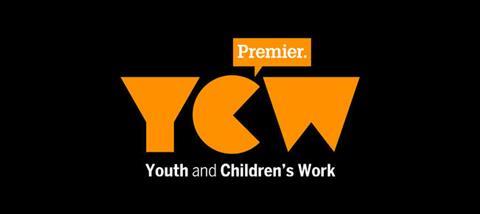
But then, right at the end of our time together, something excellent happened. We were sat in a circle listing things (mainly food) we were thankful for, with the idea that this list would be assimilated into the rest of the church’s prayers at the end of the service. It was at this point that Sam piped up: “I want to pray”. And Sam prayed. Nothing complicated. No new theological insights. Just the honest, simple prayer of a five-year-old. “I’m praying as well,” said Sam’s sister Stacey. So Stacey prayed. So did Noah. So did Emma.
We hadn’t asked if Sam wanted to pray (we were building up to that once we’d put our list together). But the group knew the rhythm of our sessions. They knew we end by praying. It’s what we do. We have a routine, and the kids are more determined to stick to it than we, as leaders, sometimes are.
After getting married last summer, my wife and I decided to give up meat during the week for some boring ethical reason related to ‘the future of the planet’ or some other leftie nonsense. I love meat. This decision sucked. And it wasn’t easy; I had to break out of some pretty lazy fast food habits. I had to train my eyes to stop wandering in the direction of kebab houses. Nine months later we’ve settled into quite a comfortable rhythm, but it took time and willpower. Fortunately the sweet taste of smug satisfaction that comes from telling people that I only eat meat at weekends is just as gratifying as the juiciest of steaks.
Praying is a lot like giving up meat. It doesn’t feel natural. It’s a choice. But the more often you make that choice, the more natural it becomes, as a pattern of life is built up. We know that these kind of habits are much easier to establish in children and young people than in adults, and while we might not all have been bitten by the very on-trend vegetarian bug, we can all get behind the importance of developing spiritual routines in the children and young people we work with.
With that in mind, we’ve handed over all of the features in this month’s issue to spiritual routines. Margaret Pritchard Houston kicks us off by exploring how we can help children begin to explore generosity, Bible reading and spiritual traditions. Elsewhere Martin Saunders calls us to rediscover the forgotten spiritual discipline of fasting in our youth work, Prayer Spaces in Schools’ Phil Timson explains how to start praying with children (Faith at home), we explore the role of festivals and residentials in our yearly rhythm of faith and we ask whether reading books is still a must for our spiritual lives in a world of blogs, vlogs and podcasts.
In one of those quotations which seems to have been attributed to everyone, Theodore Roosevelt is reported to have said: “Nothing in the world is worth having or worth doing unless it means effort, pain and difficulty.” To put it another way: nothing worth having comes easy. These spiritual patterns in the lives of our children and young people - snatched, unexpected prayers at opportune moments; glorious moments of generosity; insight from Bible stories we’ve never talked about on a Sunday morning – are worth having, but they won’t come easy. Our prayer is that the ideas in this issue will be a step on that difficult, but worthwhile, journey.






































